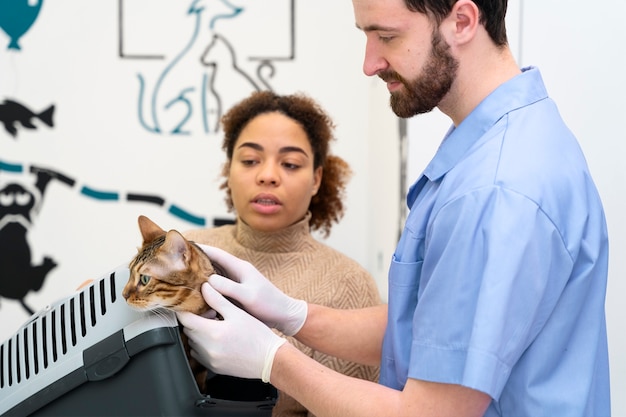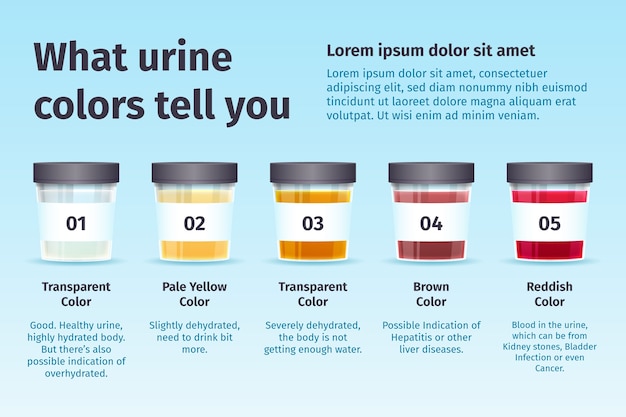Everything You Need to Know About Cat Dental Extractions


Everything You Need to Know About Cat Dental Extractions
When your cat is eating less, drooling, or simply not acting like themselves, dental problems might be an underlying cause. Watching a beloved pet struggle with mouth pain can be distressing, and many Bethel Park cat owners wonder if dental extraction could help their furry friend feel better. At Family Vet Care Center, located at 2402 Oxford Drive, Bethel Park, PA 15102, our experienced team of veterinarians understands how important dental health is to your cat’s overall wellbeing.
In this guide, we’ll help you recognize when a cat dental extraction may be necessary, explain what the cat tooth removal procedure involves, and walk you through post-operative care to ensure a smooth recovery. You’ll also discover how professional dental services can dramatically improve your cat’s comfort and quality of life. If you’re searching for a “dental vet near me” or want to know more about cat dental extraction in Bethel Park and surrounding communities, you are in the right place. Our goal is to provide the information you need while reminding you that the best care always comes from a trusted relationship with your veterinary team. To learn more about our dental offerings, explore our pet tooth extractions and dental surgery services.
Recognizing the Signs Your Cat May Need a Dental Extraction
Dental disease is one of the most common health issues in cats, yet it often goes unnoticed until discomfort becomes severe. Cats are experts at hiding pain, so it’s important for pet owners to be vigilant for subtle changes that may signal a problem. Key symptoms that may indicate your cat needs a dental extraction include persistent bad breath, difficulty eating or chewing on one side of the mouth, and excessive drooling. You might also notice your cat pawing at their face, dropping food, or even losing weight over time due to discomfort.
Other warning signs are tooth discoloration, visible tartar buildup, red or bleeding gums, and swelling around the mouth or jaw. In some cases, a cat may become withdrawn, less playful, or even aggressive when their mouth is touched. Any of these changes should prompt a visit to your veterinarian for an oral examination. Early intervention is essential, as dental problems left untreated can lead to more severe infections or complications. If you’re in need of dental veterinary services near me, our team at Family Vet Care Center is here to evaluate your cat’s oral health and discuss the best treatment options.
Understanding Why Dental Extractions Are Needed in Cats
Cats can develop dental issues for a variety of reasons, much like people. The leading cause is periodontal disease, which occurs when bacteria and plaque build up on the teeth and gums. Over time, this can lead to gingivitis, tooth root abscesses, and damage to the tissues that support the teeth. Another common cause is tooth resorption, a condition unique to cats where the body begins to break down and absorb the tooth structure. This painful process is not always visible externally, but it can cause severe discomfort and requires professional diagnosis.
Trauma, such as a broken tooth, or oral tumors may also necessitate extraction. Chronic inflammation, immune-mediated conditions, or congenital defects can further contribute to dental disease in cats. The humid climate in Pennsylvania can encourage bacterial growth, making regular dental care especially important for local pets. When dental disease is advanced or a tooth is fractured beyond repair, extraction becomes the most effective way to relieve pain and prevent further complications. For more on how we diagnose dental issues, visit our dental radiographs for advanced pet dental diagnostics page.
The Cat Tooth Removal Procedure at Family Vet Care Center
When your veterinarian recommends a cat dental extraction in Bethel Park, it’s natural to have questions about what the process involves. At Family Vet Care Center, we approach every procedure with your cat’s comfort and safety as our top priorities. Before the extraction, our veterinary professionals will perform a thorough oral examination, often supported by dental radiographs to assess the extent of disease and determine which teeth require removal.
The procedure itself is performed under general anesthesia to ensure your cat remains still and pain-free. During the cat tooth removal procedure, the veterinarian will carefully remove the affected tooth or teeth, taking care to preserve as much healthy tissue as possible. Advanced equipment and gentle techniques are used to minimize trauma and speed up recovery. In certain cases, small stitches may be placed to help the gum heal properly.
Throughout the process, your cat’s vital signs are monitored closely, and pain management is provided both during and after the procedure. Most cats recover quickly, thanks to modern anesthetic protocols and supportive care. After the extraction, you will receive detailed instructions for at-home care, along with recommendations for follow-up appointments to monitor healing. To learn more about our comprehensive approach, review our pet oral surgery services.
Post-Extraction Care and Home Management
Caring for your cat after a dental extraction is essential to ensure a smooth recovery and prevent complications. Your veterinarian will provide you with specific instructions tailored to your pet’s needs, but general recommendations include offering soft food for several days after the procedure and keeping a close eye on your cat’s behavior. You may notice mild swelling, drooling, or reluctance to eat immediately after surgery; however, these symptoms typically resolve within a few days.
Pain management is a critical part of post-operative care, so always administer any prescribed medications as directed. Monitor the extraction site for excessive redness, swelling, or discharge, and contact your veterinary team if you notice anything concerning. Keep your cat indoors during the recovery period to minimize stress and reduce the risk of infection. Avoid brushing your cat’s teeth or allowing them to chew on hard toys until your veterinarian gives the all-clear.
Your veterinarian may recommend a follow-up visit to assess healing and discuss ongoing dental care. With attentive home care and professional guidance, most cats return to their normal activities quickly, enjoying a much-improved quality of life. Remember, dental vet care in Bethel Park and surrounding communities is just a call away if you have questions during your cat’s recovery.
Preventing Dental Disease in Cats
While some dental issues are unavoidable, regular preventive care can significantly reduce your cat’s risk for painful oral conditions. Steps for preventing dental disease include scheduling routine wellness exams and professional cleanings with your veterinarian, as well as providing dental-friendly diets and treats when appropriate. Brushing your cat’s teeth at home, while challenging, can be very effective if introduced gradually and with patience.
Regularly inspect your cat’s mouth for signs of trouble, such as redness, swelling, or tartar buildup, and address changes in eating habits promptly. Early detection of dental problems allows for less invasive treatment and better long-term outcomes. If you’re searching for “quality veterinary services near me” or need advice on home dental care, our team at Family Vet Care Center is always here to help.
When to Schedule a Veterinary Visit for Your Cat’s Dental Health
Recognizing when your cat needs professional veterinary care is crucial. If your cat shows any symptoms of oral discomfort, such as persistent bad breath, bleeding gums, difficulty eating, or visible tooth decay, it’s time to contact your veterinarian. Sudden changes in appetite, unexplained weight loss, or behavioral shifts can also be signs that dental disease is causing significant pain.
Do not attempt to treat dental problems at home, as improper care can worsen the condition or delay necessary treatment. Only a veterinarian can accurately diagnose the extent of dental disease and determine whether a cat dental extraction in Bethel Park is needed. Our veterinary professionals are equipped to provide thorough oral exams, advanced diagnostic imaging, and comprehensive dental care to ensure your cat’s long-term health.
If you’re unsure whether your cat’s symptoms warrant a visit, it’s always better to err on the side of caution. Regular checkups and open communication with your veterinary team build a foundation for lifelong pet wellness.
Compassionate Cat Dental Care in Bethel Park and Surrounding Communities
Your cat’s dental health is an important part of their overall happiness and quality of life. At Family Vet Care Center, we are committed to providing compassionate, expert care for every stage of your cat’s oral health journey. Whether your pet is experiencing dental discomfort or you simply want to ensure they receive the best preventive care, our experienced veterinary team is here to help.
If you suspect your cat may need a tooth removed or are interested in learning more about cat dental extraction in Bethel Park, schedule an appointment with us today. Our animal hospital is conveniently located at 2402 Oxford Drive, Bethel Park, PA 15102, making us a trusted choice for those searching for a “vet near me” or “dental vet near me.” To discover the full range of our dental services, explore our professional pet dental cleanings for preventive oral care page.
Call us at (412) 851-3707 to schedule your cat’s dental evaluation or to ask any questions you may have. Our veterinary professionals are dedicated to supporting your family with quality veterinary services in Bethel Park, helping your feline companion enjoy a pain-free, healthy life for years to come.
This article is intended for informational purposes only and should not be used as a substitute for professional veterinary advice. Always consult your veterinarian for specific concerns regarding your pet’s health.



















